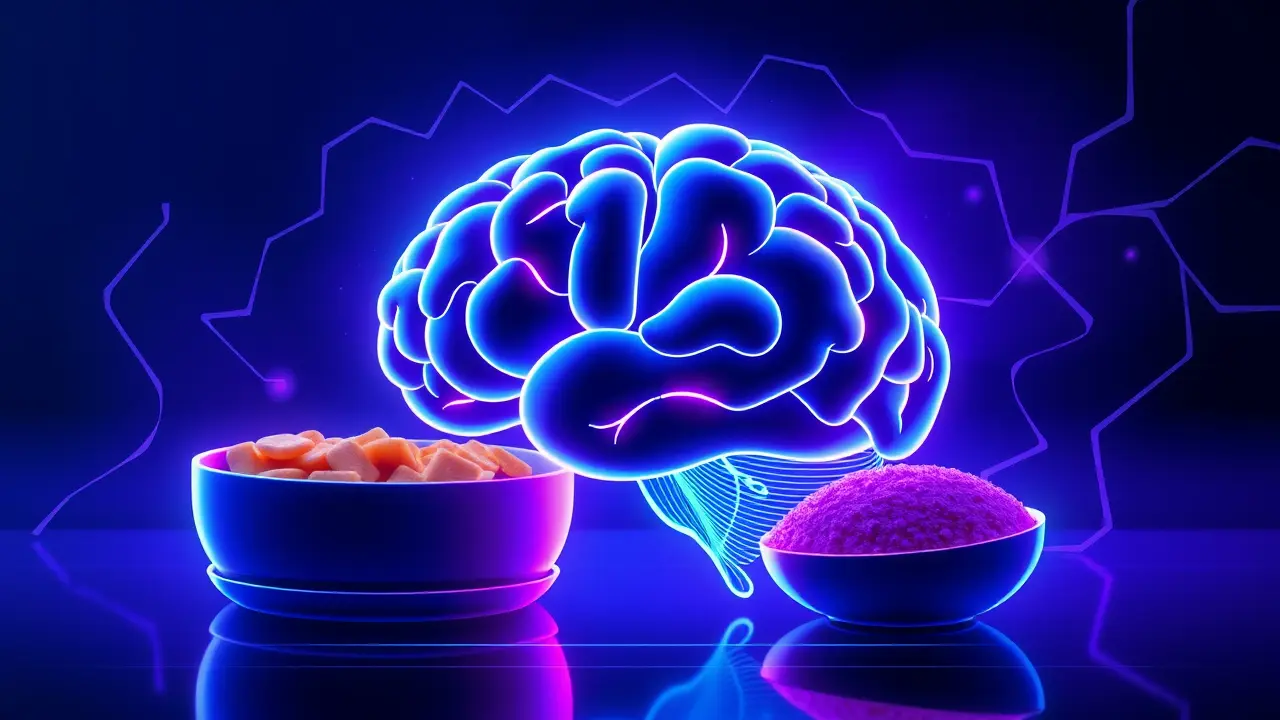
Scienceneuroscience
Study Debunks Breakfast Brain Fog Myth
KE
1 month ago7 min read4 comments
The long-held nutritional dogma that breakfast is the most important meal of the day, a cornerstone of dietary advice for generations, has been systematically dismantled by a rigorous new meta-analysis published in the prestigious journal *Psychological Bulletin*, which conclusively debunks the pervasive myth that skipping the morning meal leads to cognitive impairment or 'brain fog'. This scientific revelation, emerging from a comprehensive synthesis of numerous controlled studies, challenges a belief deeply embedded in public health messaging and corporate marketing, suggesting that the human brain's performance is not intrinsically tethered to an early-day glucose hit.The research meticulously analyzed cognitive function metrics—including memory recall, attention span, and executive function—across diverse participant groups who either consumed or abstained from breakfast, finding no statistically significant advantage for those who ate. This isn't merely a dietary footnote; it's a paradigm shift in our understanding of metabolic science and neurobiology, forcing a re-evaluation of how we approach cognitive performance.The origins of the 'breakfast imperative' are themselves a fascinating case study in the intersection of science and commerce, with many early studies being funded by cereal giants like Kellogg's, which had a vested interest in promoting a daily morning eating habit. Modern science, however, paints a more complex picture of intermittent fasting and metabolic flexibility, where the body adeptly switches to burning stored fat for fuel, a state that may even enhance mental clarity for some individuals.This research aligns with a growing body of evidence in the biotech and nutrigenomics space, where personalized nutrition is overtaking one-size-fits-all recommendations. Experts in metabolic psychiatry are now exploring how individual genetic variations in enzymes like AMPK influence our response to fasting, suggesting that the optimal feeding window is a highly individualistic variable, not a universal rule.The implications are profound, extending from school breakfast programs and corporate wellness initiatives to the burgeoning market of nootropic supplements designed to enhance focus without caloric intake. As we move into an era of CRISPR-based interventions and personalized health diagnostics, this study serves as a critical reminder that foundational health beliefs must be continually stress-tested against rigorous, unbiased scientific inquiry, freeing individuals from the guilt of a skipped meal and empowering a more nuanced, evidence-based approach to cognitive optimization.
#research policy
#breakfast
#cognitive function
#meta-analysis
#nutrition
#neuroscience
#health
#editorial picks news
Stay Informed. Act Smarter.
Get weekly highlights, major headlines, and expert insights — then put your knowledge to work in our live prediction markets.
Related News
Comments
Loading comments...
© 2025 Outpoll Service LTD. All rights reserved.